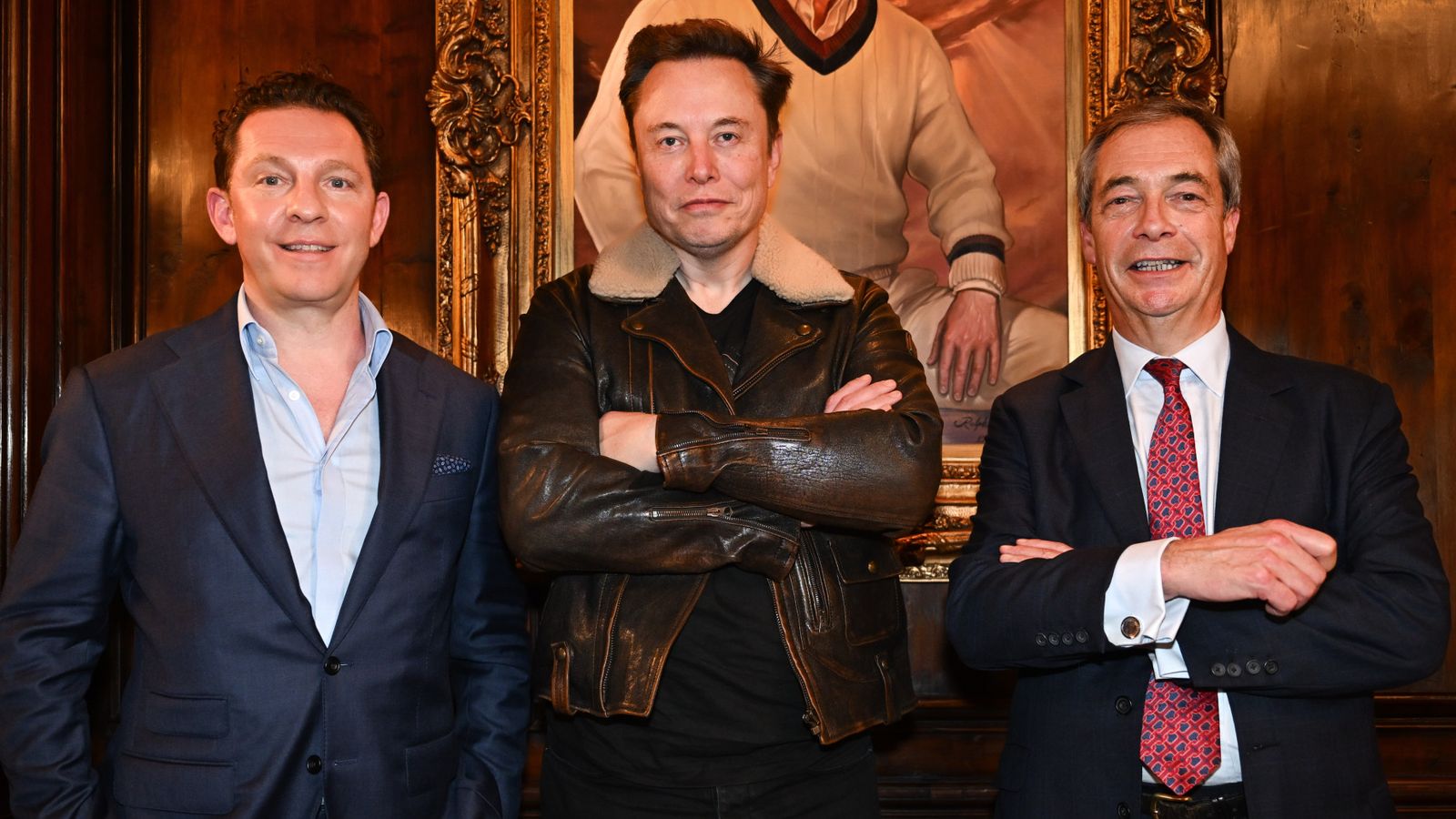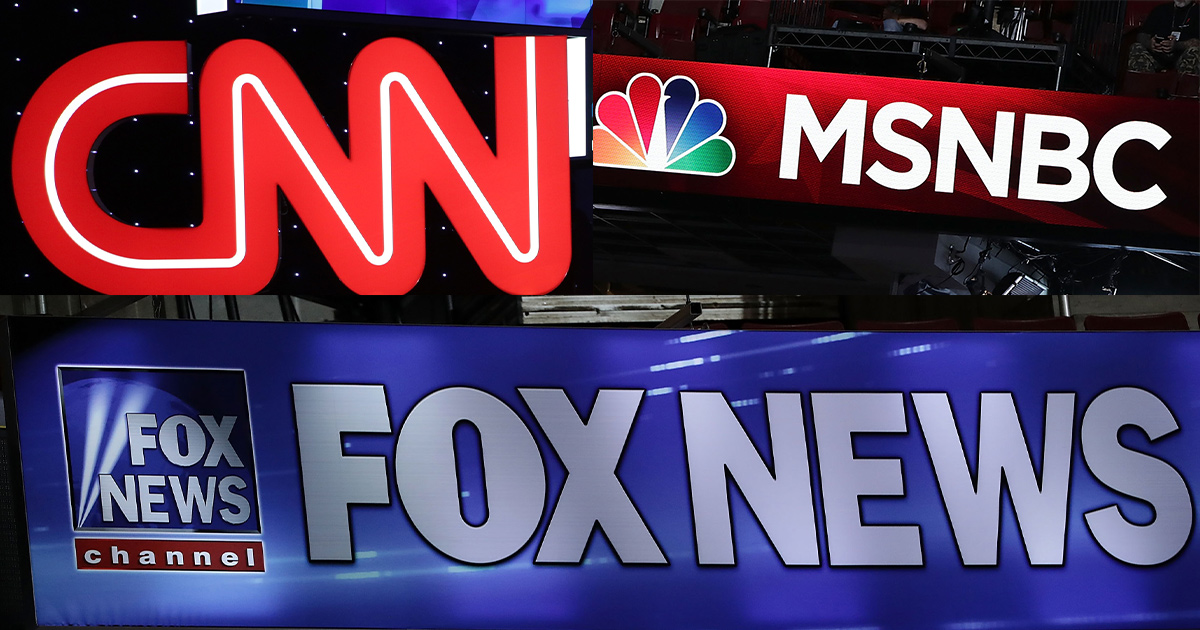Nigel Farage's Reform: Action Or Just Rhetoric?

Table of Contents
Farage's political career is deeply intertwined with the rise of UKIP and the subsequent Brexit campaign. He has consistently championed Euroscepticism, advocating for a strong, independent Britain outside the European Union. His current role, while less formally defined than previous positions, involves significant media presence, political commentary, and active engagement with various political groups advocating for his vision of a reformed Britain.
This article will examine Farage's recent actions, assessing the effectiveness of his approach and ultimately determining whether his pronouncements represent genuine political reform or primarily serve as rhetorical tools.
Analysis of Farage's Recent Political Activities
Specific Policy Proposals
Farage's policy proposals often center on key issues shaping the current British political landscape. His post-Brexit agenda includes significant revisions to the UK's relationship with the EU and focuses on immigration and economic policy.
- Brexit Renegotiation: Farage continues to advocate for a complete departure from the EU's regulatory framework, pushing for a more independent trade policy free from what he considers burdensome regulations. He has stated, "We must secure a truly independent trade deal, free from the shackles of the EU."
- Immigration Reform: He consistently calls for stricter controls on immigration, emphasizing national borders and prioritizing British citizens' needs. His proposals often involve stricter visa requirements and a points-based immigration system.
- Economic Policy: Farage frequently criticizes government spending and advocates for lower taxes and reduced regulation to stimulate economic growth. He champions policies aimed at supporting small businesses and reducing the national debt.
These proposals, while often attracting considerable media attention, vary significantly in their feasibility and impact.
Actions Taken to Advance These Proposals
Farage utilizes various platforms to advance his reform agenda:
- Political Campaigning: He remains actively involved in supporting like-minded candidates and parties during elections, providing financial and strategic support.
- Lobbying: Farage uses his platform to exert pressure on government officials and engage in discussions about policy changes aligning with his vision.
- Media Appearances: His frequent appearances on television and radio provide a powerful platform to communicate his messages to a broad audience.
- Public Speaking: Farage continues to deliver numerous speeches and participate in public forums, further disseminating his political views and rallying supporters.
These actions, while diverse, often rely heavily on media engagement and public pressure rather than traditional political maneuvering.
Evaluating the Effectiveness of Farage's Approach
Public Opinion and Support
Public opinion regarding Nigel Farage and his reforms is complex and frequently divided.
- Polls: While some polls show significant support for certain aspects of his platform (such as stricter border control), overall support for his political proposals fluctuates. Interpretations vary significantly depending on the polling methodology and the questions asked.
- Voter Support: The electoral success of parties and candidates aligned with Farage's vision has seen mixed results, ranging from significant gains in local elections to minimal impact at the national level.
- Popularity: While his media presence guarantees a high level of name recognition, translating this into sustained political influence and widespread popular support remains a challenge.
Analyzing public opinion reveals a fragmented and often volatile landscape.
Impact on the Political Landscape
Farage's actions have undeniably influenced the political landscape, although the extent of this influence is debatable.
- Political Debate: His consistent advocacy of certain policies has undeniably shaped the political discourse surrounding Brexit, immigration, and economic policy.
- Government Policy: While not always directly resulting in policy changes, his views frequently serve as a benchmark for other political actors, forcing them to address the issues he raises.
- Legislative Changes: The influence on specific legislative changes is harder to pinpoint, with many factors contributing to policy decisions.
The lasting impact of Farage's influence on British politics remains a subject of ongoing debate and analysis.
Comparing Rhetoric with Action
Identifying Inconsistencies
While Farage champions a specific vision for reform, critics often point to inconsistencies between his rhetoric and his actions:
- Rhetorical Devices: His use of strong, often divisive language is effective at gaining media attention but can alienate potential allies.
- Broken Promises: Certain promises made during previous campaigns have not materialized, prompting accusations of inconsistency.
- Campaign Promises: The extent to which campaign promises have been implemented varies, raising questions about the feasibility and sincerity of some proposals.
These inconsistencies significantly undermine the credibility of his reform agenda.
Assessing the Long-Term Implications
Farage's actions have potential long-term implications for British politics and society:
- Future of British Politics: His influence on the rise of populist and Eurosceptic movements continues to shape the political spectrum.
- Social Consequences: His rhetoric on immigration has been criticized for fueling societal divisions and negative sentiments toward immigrants.
- Political Legacy: His political legacy will likely be a subject of continued discussion and debate, with opinions varying considerably.
The long-term consequences of his political endeavors are still unfolding and will require further observation.
Conclusion: Nigel Farage's Reform: A Verdict
This analysis demonstrates that while Nigel Farage's Reform has undoubtedly made its mark on the British political landscape, the extent to which it constitutes genuine change remains a matter of debate. His actions, though effective in generating media attention and influencing political discourse, often lack the consistency and tangible results to fully support claims of substantial political reform. While his influence on shaping the Brexit debate and raising significant policy questions is undeniable, the lasting impact and the degree to which his rhetoric translates into actual reform remain to be seen.
Key Takeaways:
- Farage's policy proposals are significant, but their feasibility and impact remain debatable.
- His approach heavily relies on media engagement and public pressure rather than traditional political maneuvering.
- Inconsistencies between his rhetoric and actions undermine his credibility.
- His long-term impact on British politics and society is still unfolding.
Call to Action: Engage in further discussion about "Nigel Farage's Reform" and its impact on British politics. Share your thoughts on social media using #NigelFarageReform #PoliticalReformUK #BrexitReform and contribute to the ongoing conversation around the future of political reform in the UK.

Featured Posts
-
 Unlocking Nyt Strands April 9 2025 Puzzle Solutions
May 09, 2025
Unlocking Nyt Strands April 9 2025 Puzzle Solutions
May 09, 2025 -
 Tuong Lai Cua Tre Em Tien Giang Sau Vu Bao Hanh O Co So Giu Tre
May 09, 2025
Tuong Lai Cua Tre Em Tien Giang Sau Vu Bao Hanh O Co So Giu Tre
May 09, 2025 -
 Us Attorney Generals Daily Fox News Appearances A Deeper Look
May 09, 2025
Us Attorney Generals Daily Fox News Appearances A Deeper Look
May 09, 2025 -
 Living Legends Of Aviation Honors Firefighters And Other Heroes
May 09, 2025
Living Legends Of Aviation Honors Firefighters And Other Heroes
May 09, 2025 -
 9 Maya V Kieve Nepolniy Sostav Soyuznikov Ukrainy
May 09, 2025
9 Maya V Kieve Nepolniy Sostav Soyuznikov Ukrainy
May 09, 2025
